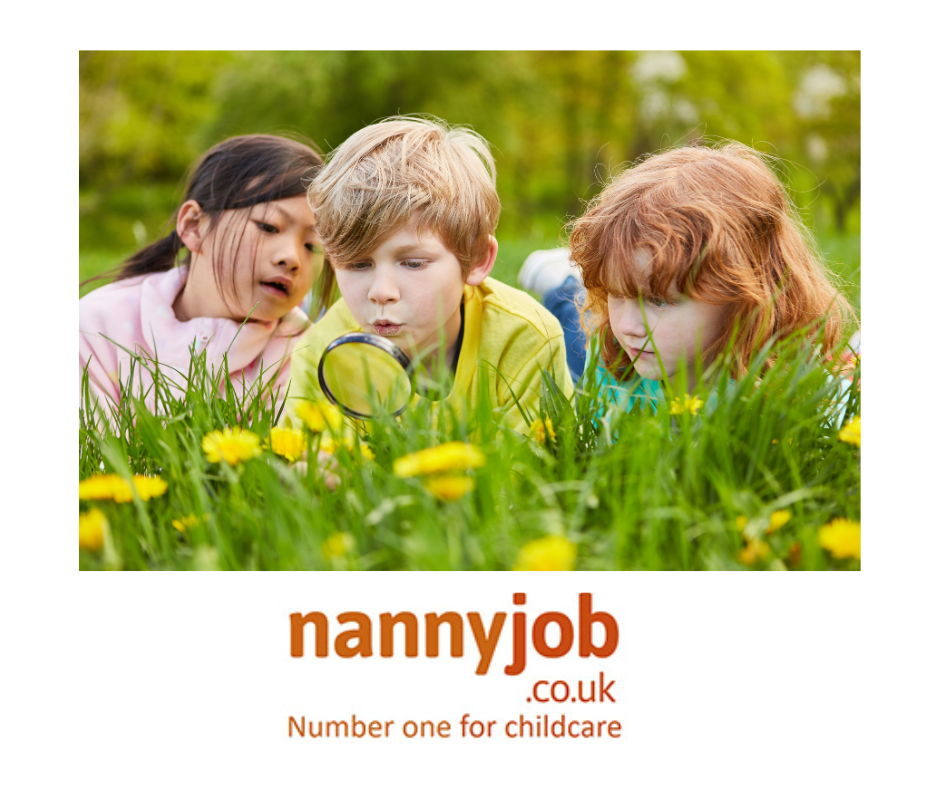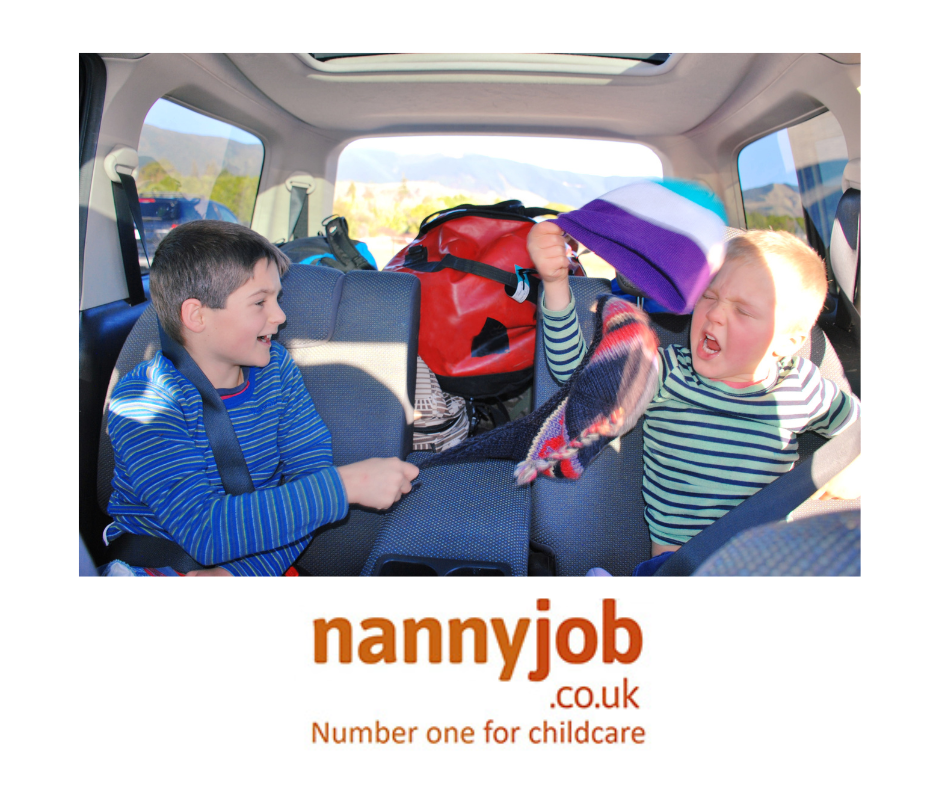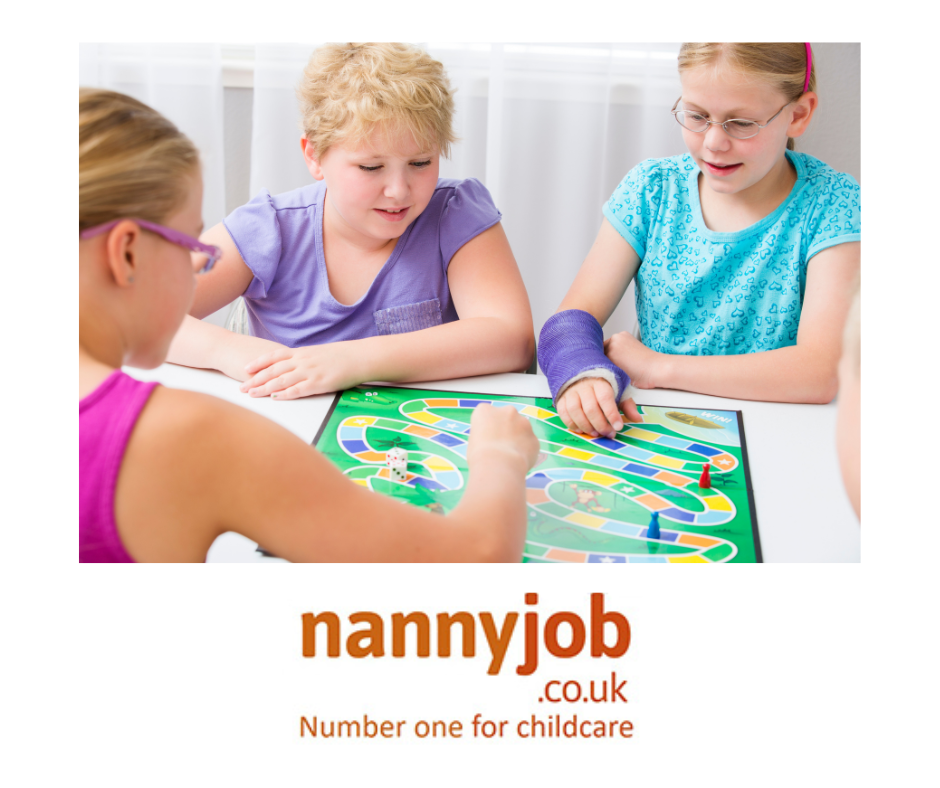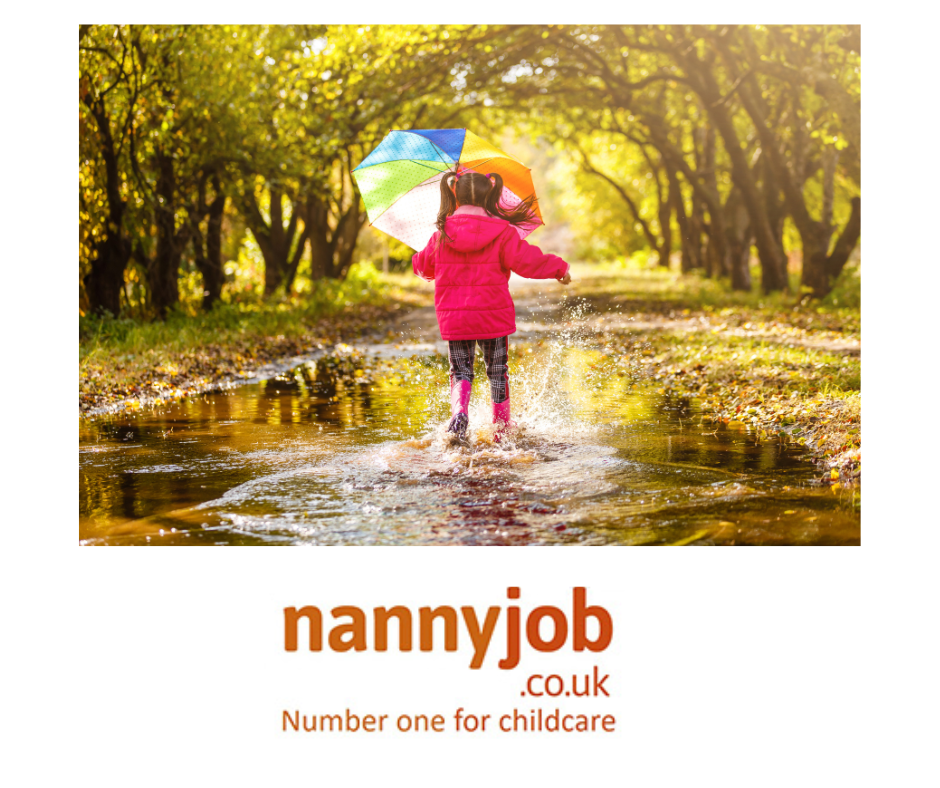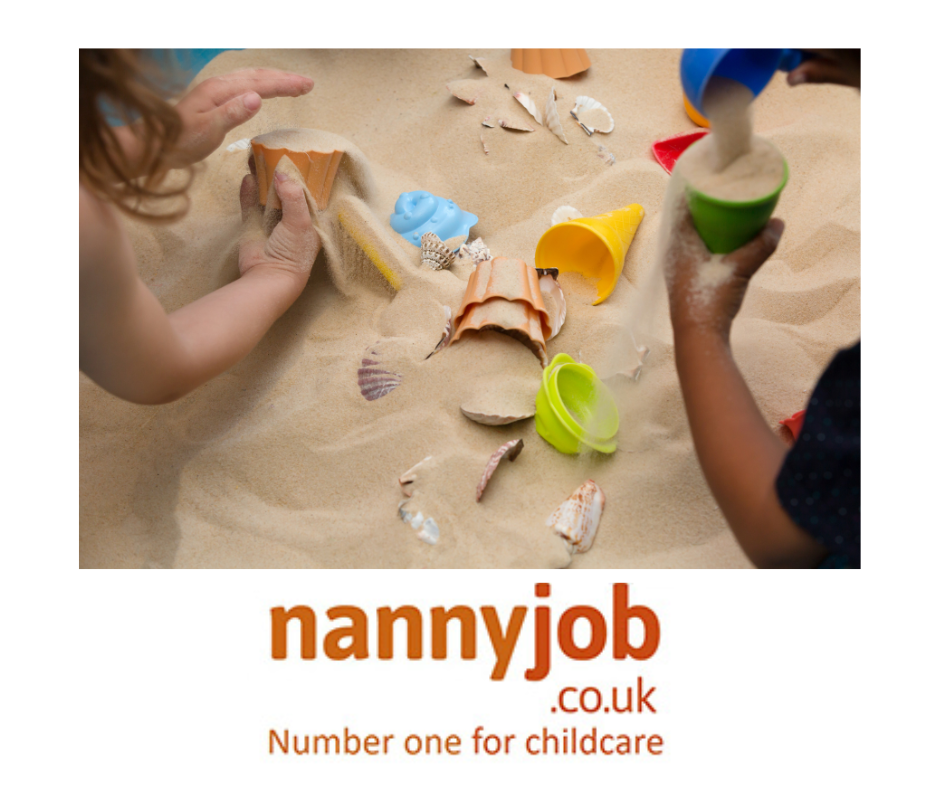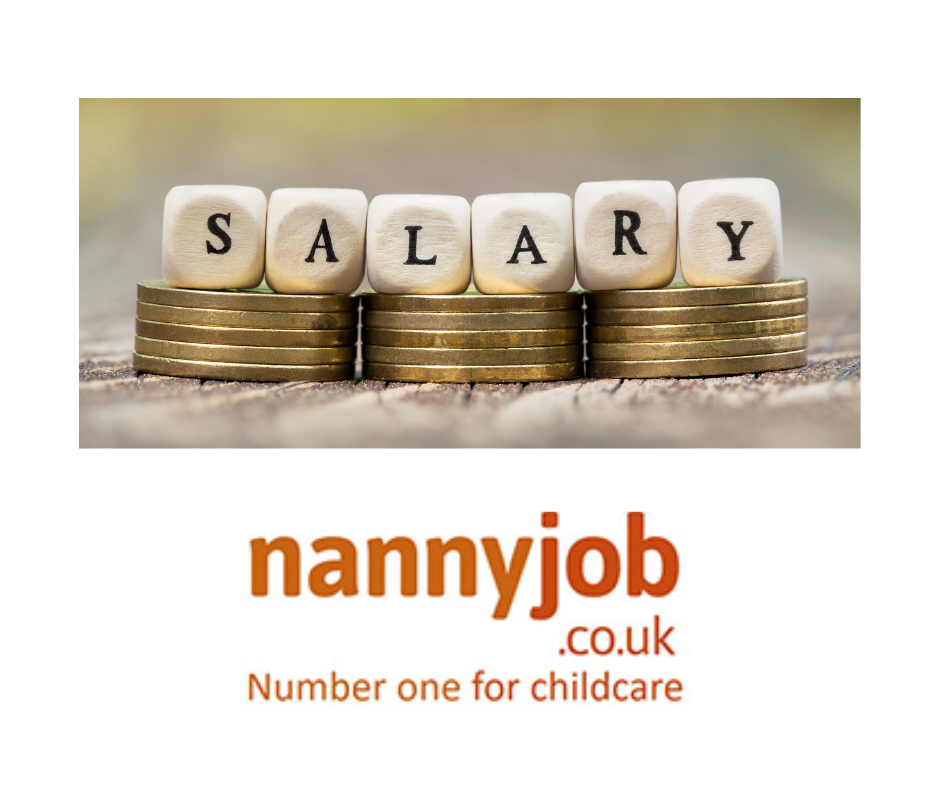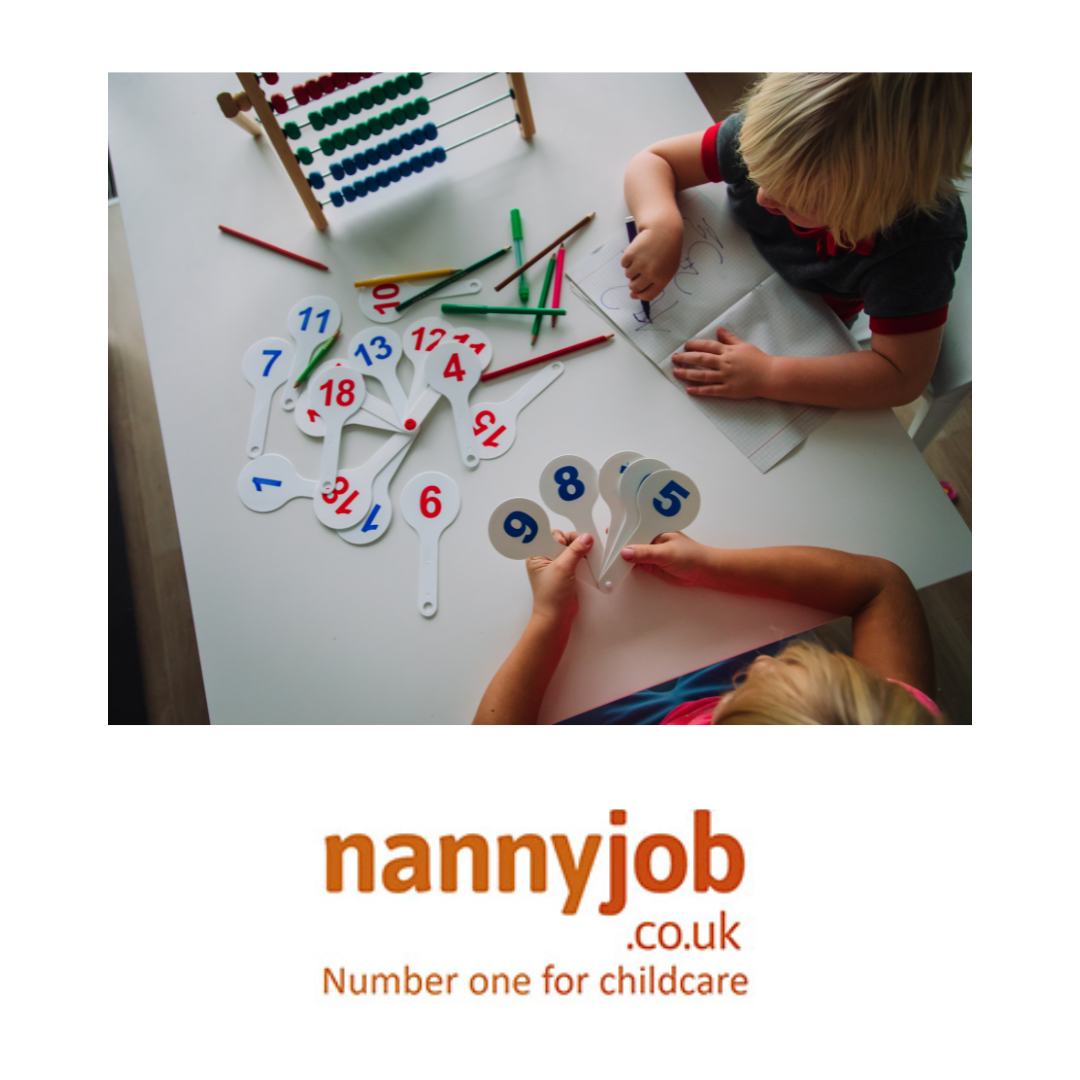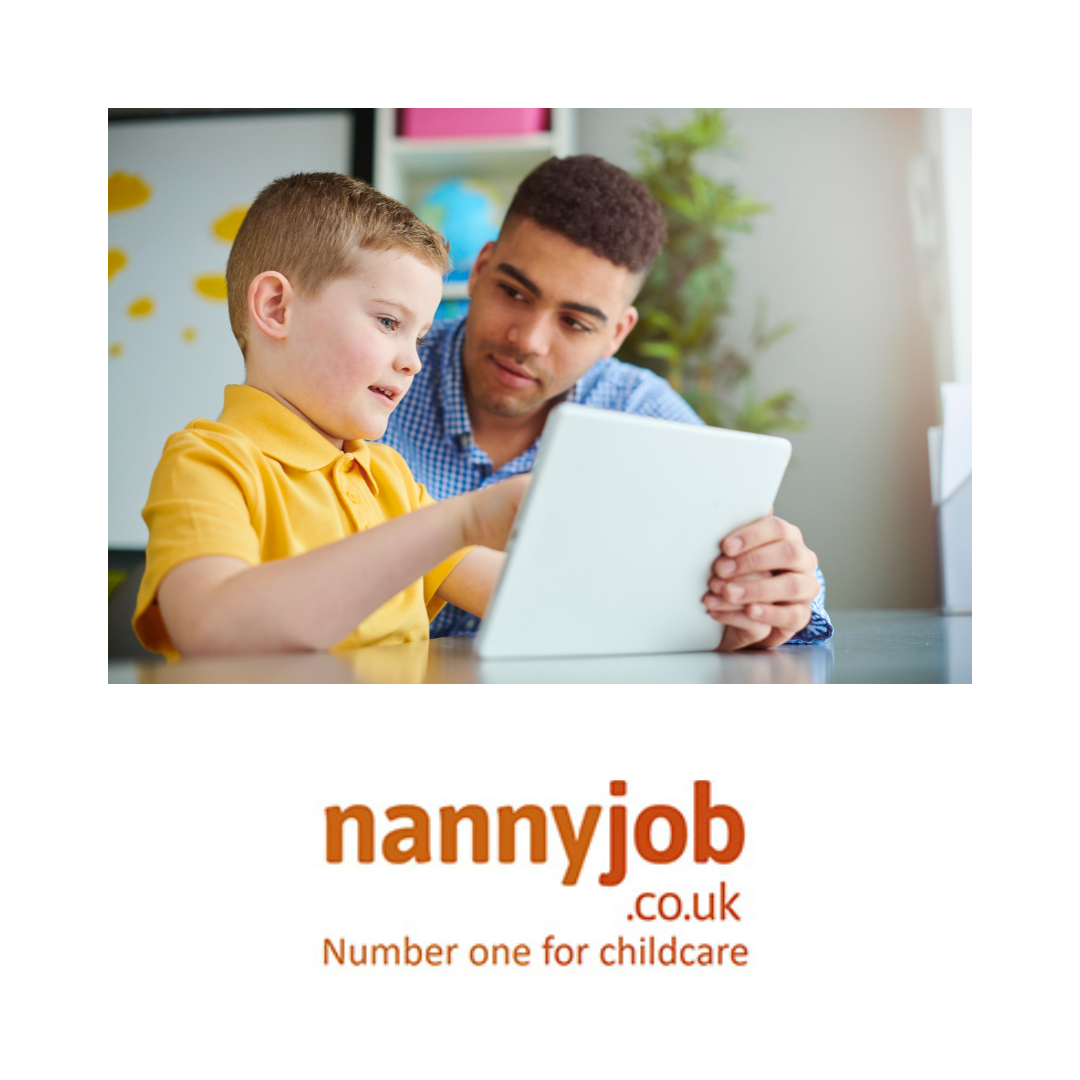Nature has always been a boundless playground, an irreplaceable teacher. The great outdoors offers children not just fresh air and physical activity, but also a vast world of discoveries, wonder, and invaluable life lessons. Here’s why and how you should indulge in outdoor learning with children:
1. Unleashing Curiosity: A walk in the woods or even a local park can stimulate a child’s senses. The colors, sounds, and textures are all new experiences waiting to be explored. Encourage questions about the trees, flowers, animals, and everything else they see.
2. Improving Physical Health: Climbing, running, or just strolling can do wonders for a child’s physical well-being. Nature challenges and enhances their agility, balance, and coordination.
3. Fostering Creativity: Nature is the most intricate canvas. Children can create stories, draw landscapes, or even come up with their own games inspired by the outdoors.
4. Building Responsibility: Caring for a plant or observing the consequences of littering helps children understand their impact on the environment, fostering a sense of responsibility.
5. Instilling Calmness: Nature has therapeutic effects. The tranquility of a serene lake or the rhythmic chirping of birds can calm an anxious mind and teach children the value of peace and mindfulness.
6. Science in Action: Children can see the concepts they learn in books come alive—photosynthesis, the water cycle, or even animal behavior, right before their eyes.
Steps to Begin Your Outdoor Learning Journey:
- Start Simple: A visit to a local garden or park.
- Plan Nature Crafts: Such as making leaf impressions or twig sculptures.
- Nature Journaling: Encourage kids to jot down or sketch their observations.
- Organized Treks: Join nature clubs or groups that organize outdoor learning activities.
Remember, the primary goal is to let children enjoy, explore, and form their own connection with nature. It’s about the journey, not just the destination.

